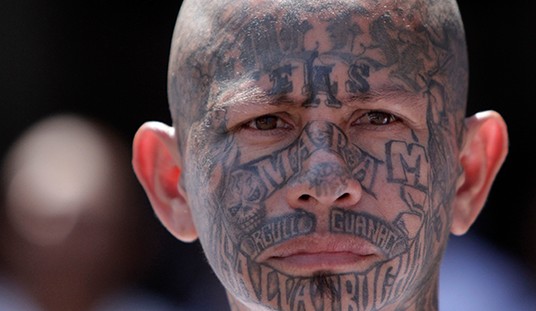A messy, anti-free market bill regarding big tech regulations will probably get votes in the Texas House before the end of Tuesday. Senate Bill 12 requires social media companies to create acceptable use policies explaining what content is allowed, how users can report content violating said policies, and a live toll-free number, email address, or “relative complaint intake mechanism” for complaints. Also in the bill includes requiring at least one employee operating the toll-free complaint number, a quarterly report on enforcement efforts and procedures, and whether coordinated campaigns were involved in getting accounts banned. Barred users along with the Texas Attorney General can civilly sue companies if they believe social media companies violated the regulations
The bill focuses on the most well-known social media companies, including Twitter, Facebook, and YouTube/Google, but nebulously targets any website driven by user-created content with at least 100-million active users per month. Xbox Live, PlayStation Live, Soundcloud, NextDoor, Discord, Tumblr, Craigslist, Twitch, and World of Warcraft might fall under this definition along with Patreon, Gab, Thinkspot, and Clubhouse. Pinterest, Substack, and message boards or blog platforms like blogger, AR15.com, 4chan, or Vbulletin may also fall under the category of social media companies due to the “user-driven” content definition. Same with dating websites and apps. There’s just a lot of troublesome, overly broad language in the proposal opening a vast swath of companies with barely any revenue into legal fights they’d rather avoid leading to further consolidation of the market.
It should be pointed out the transparency guidelines in the proposal are things already done by Twitter and Facebook. Twitter published its first transparency report in 2012 while Facebook started releasing certain data a year later. The releases seem to follow the guidelines Texas wants to require raising an important question. Why is the law even needed? Political theater is the answer and making sure the politicians give off an air of “doing something” to protect citizens or some such nonsense. The worst kind of reasoning.
Perhaps the most troubling part of the bill is it put on full display the hypocrisy of Texas politicians. Governor Greg Abbott favors the bill but The Texas Tribune reported last month he’s been lobbying Facebook for a new Texas-based data center. The report notes Facebook would get plenty of incentives likely to include property tax abatements and other tax carve-outs, plus cash from the Texas Enterprise Fund. Must be nice to publicly blast social media about the First Amendment with one part of your mouth while cooing sweet nothings into social media’s ears about your state with the other.
Government meddling is why we’re in this mess with larger social media companies benefiting from handouts from state and local entities. It stifles competition because highly paid lobbyists are able to soothe the ears of elected officials with promises of “economic growth” and high property values for a hand-out or 12. The big boys don’t have to worry about a smaller company usurping their market share since they know the government has their backs. Twitter, Facebook, et al can absorb the costs of new regulations while smaller companies either have to sell out or shut down. The exact opposite of the free market where companies with the best user experience survive while the ones who fail to innovate die.
Another bit of hypocrisy involves politicians who avow their love of freedom of association on certain issues while expressing hatred of it in others.
“The bill’s authors apparently believe that they can force private parties to publish and carry messages that they disagree with,” TechFreedom’s free speech counsel Ari Cohn told me when asked about SB 12. “But the government cannot force social media companies to carry certain speech any more than it can force newspapers to run particular op-eds, a bakery to make a cake for a same-sex wedding, or a grocery store to allow ANTIFA to post on its community bulletin board.”
It’s worth noting two of the authors of SB 12 are Senators Donna Campbell and Paul Bettencourt, the same senators who co-sponsored Texas’ 2017 law allowing groups to not provide services if it violates their religious beliefs. The governor who signed the bill happens to be Greg Abbott, the same Abbott supporting SB 12. The First Amendment apparently covers faith-based groups, but not social media companies in Texas.
There are parts of the bill social media companies should consider doing on their own, particularly making it easier to appeal the removal of content. Twitter gets plenty of complaints regarding its moderating tactics for good reason. It’s an annoyingly frustrating process, especially for those who are unjustly suspended or banned. Government mandates, however, aren’t the way to go when it comes to ease of access especially when companies have to deal with millions of global users using different languages. It would mean hundreds of automated messages and huge wait times to speak with someone on one problem. The logistical issues alone explain why the current systems are in place, despite their functional issues and challenges.
A court battle is coming should SB 12 become law. A battle Texas deserves to lose along with every appeal. It’s bad enough Texas taxpayers will pay the costs of that fight, but they’ll be on the hook for more if the law is somehow deemed constitutional. The giant social media companies may be too willing to pull out and use their ban hammers, but sacrificing the First Amendment under the guise of protecting it does nothing.








Join the conversation as a VIP Member